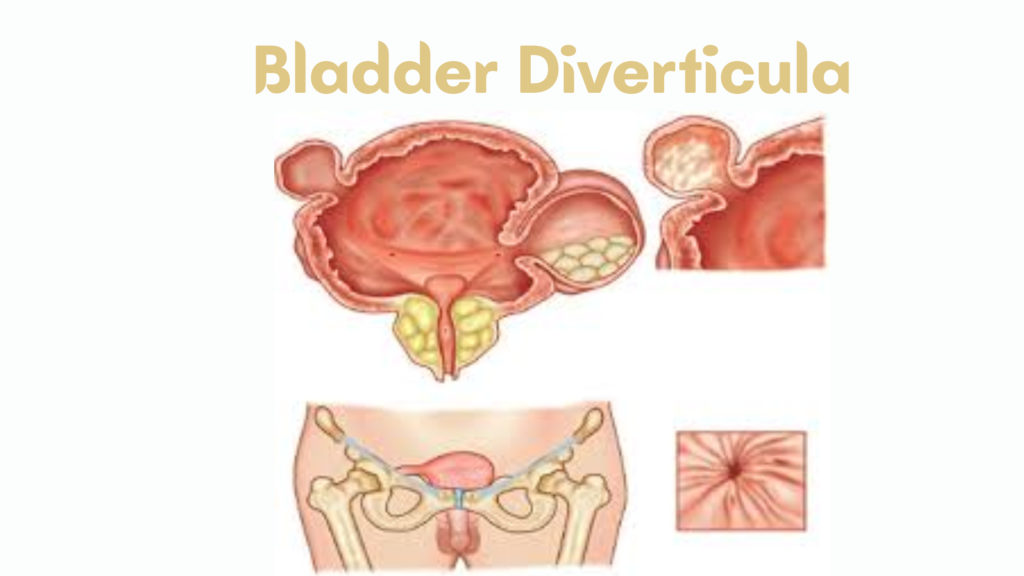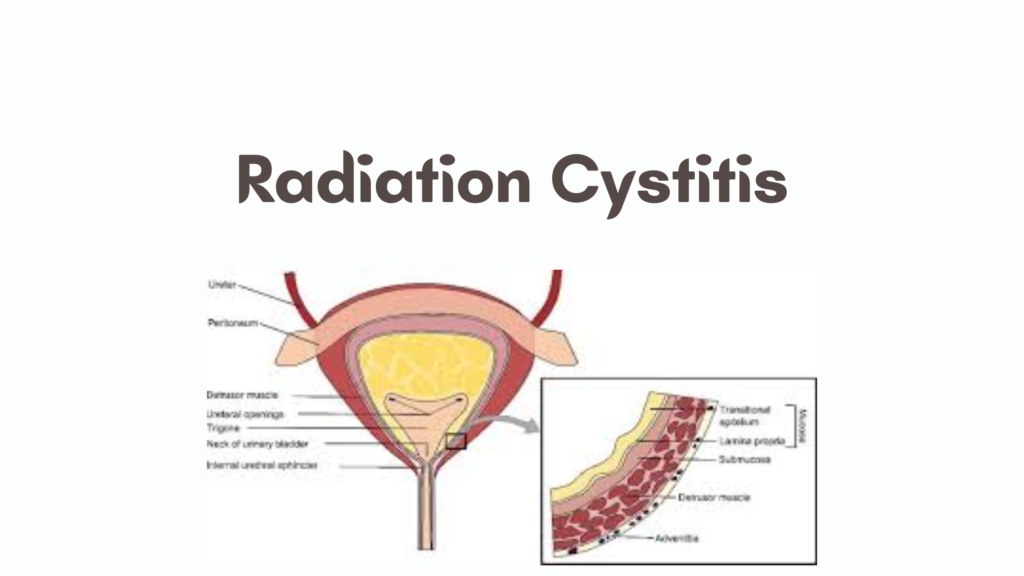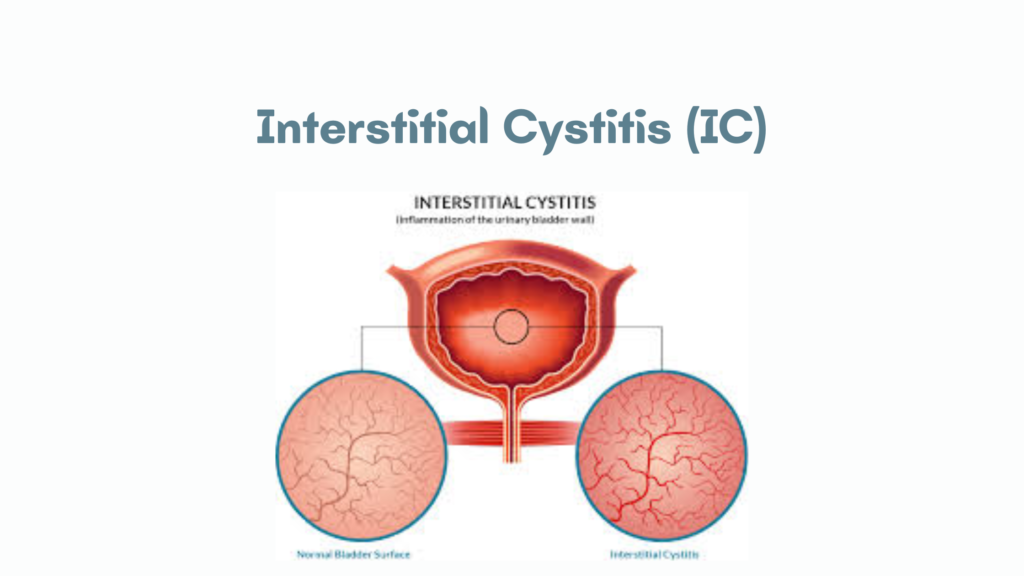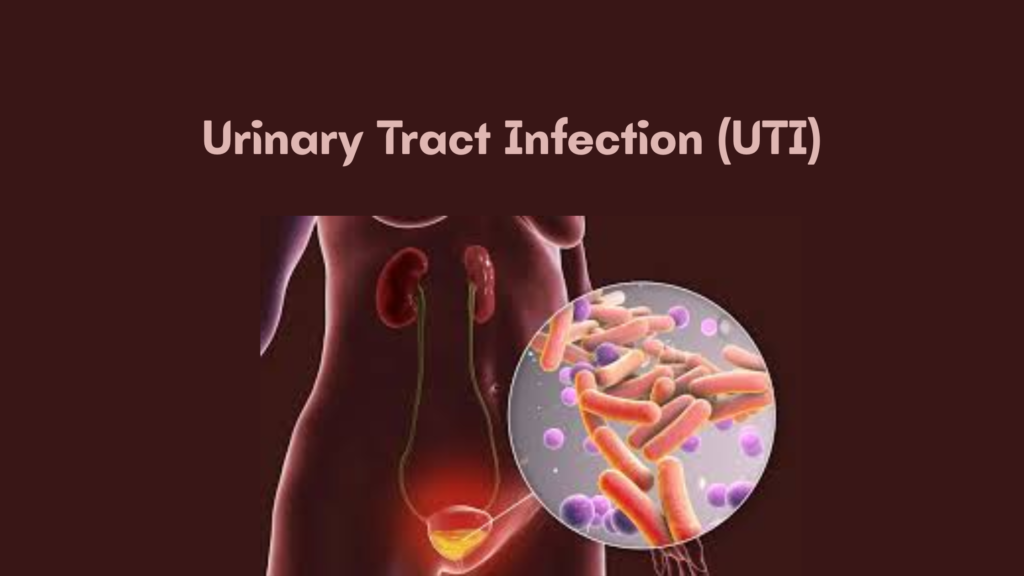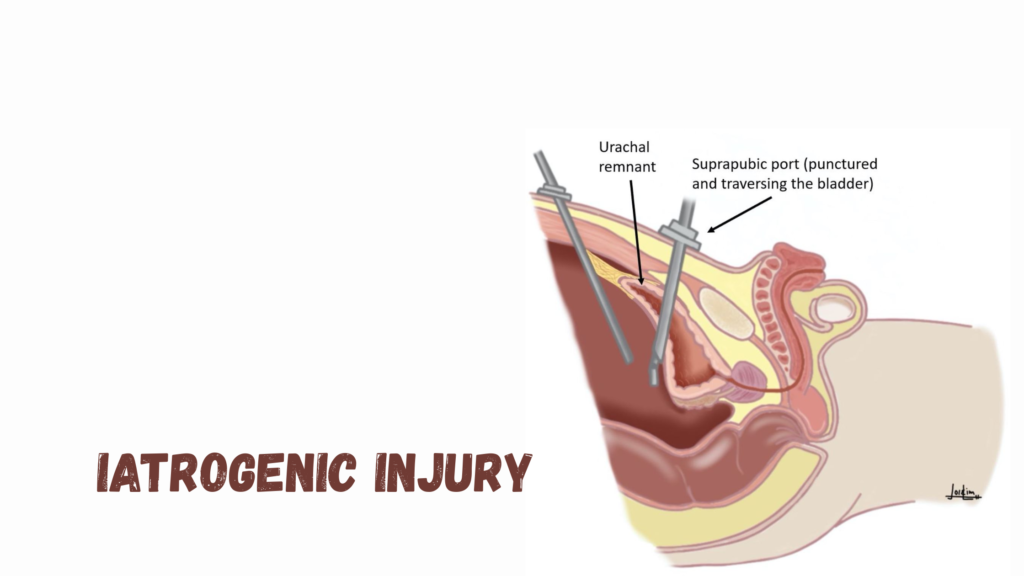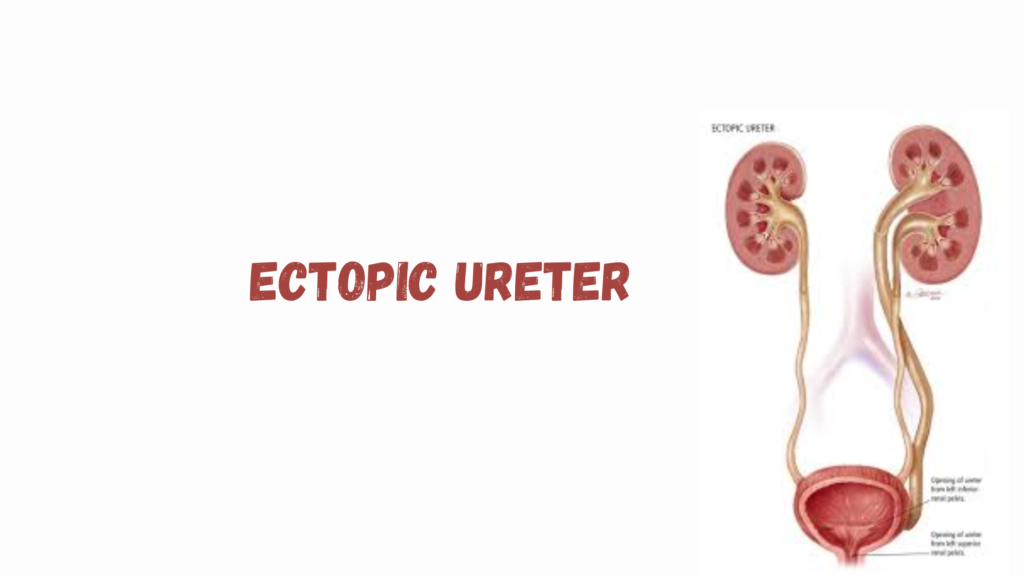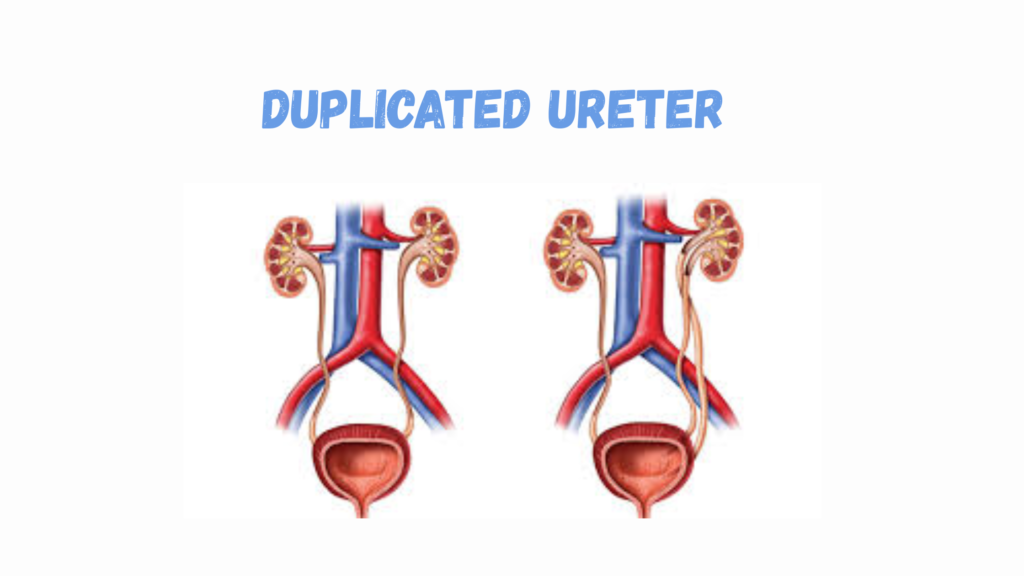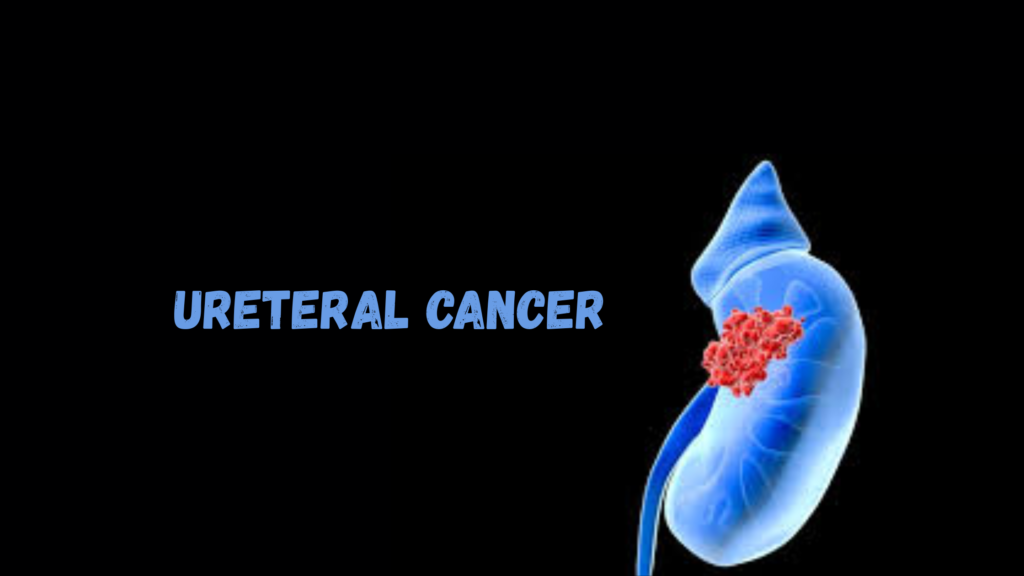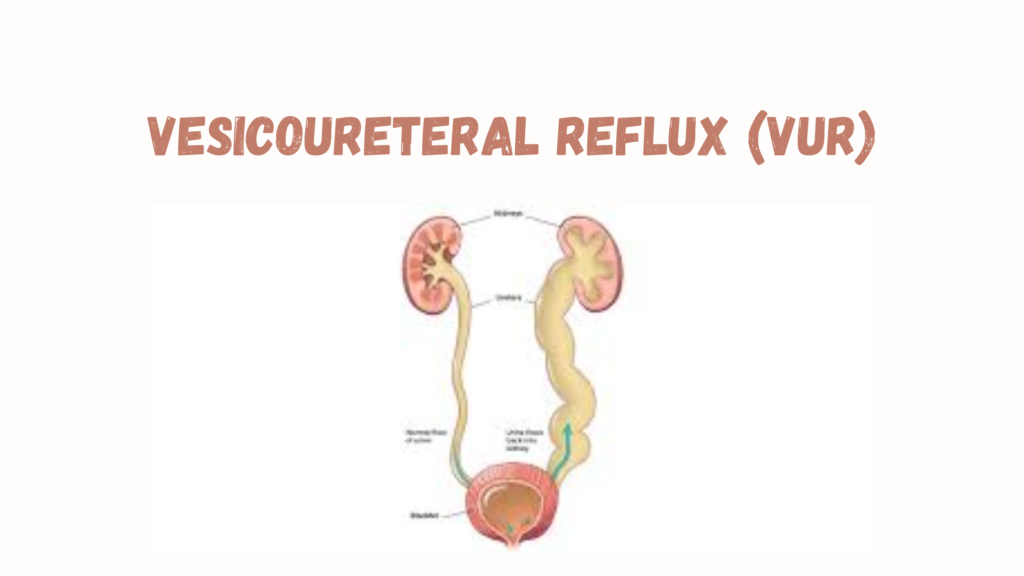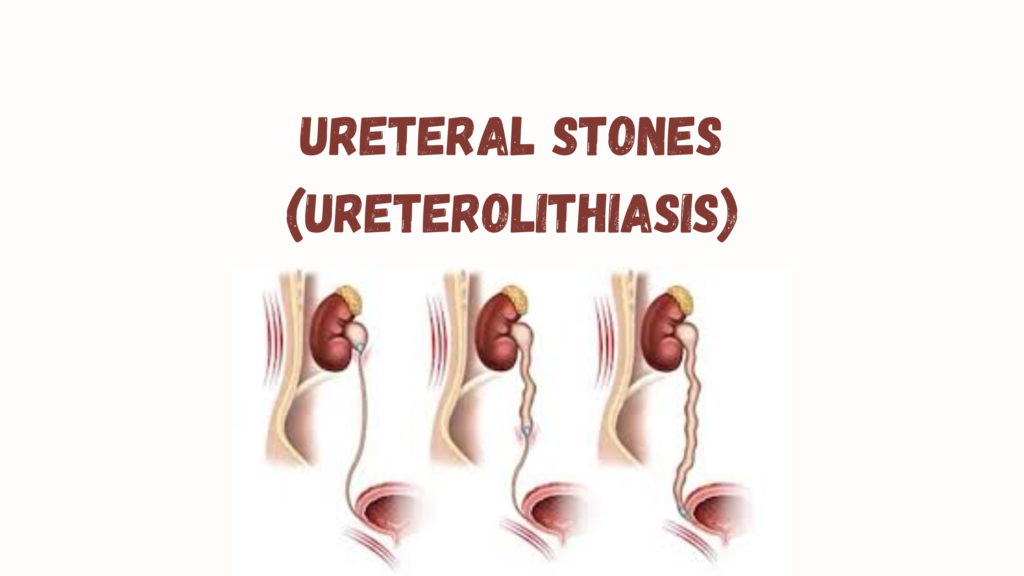Bladder Diverticula
Bladder Diverticula (Plural of diverticulum) A bladder diverticulum is a pouch or sac-like outpouching of the bladder wall that protrudes through a weak area in the muscular layer. It may be congenital or acquired, and it can trap urine, leading to complications like infection, stones, or even tumors. 🔍 Types Type Description Congenital Rare; usually […]
